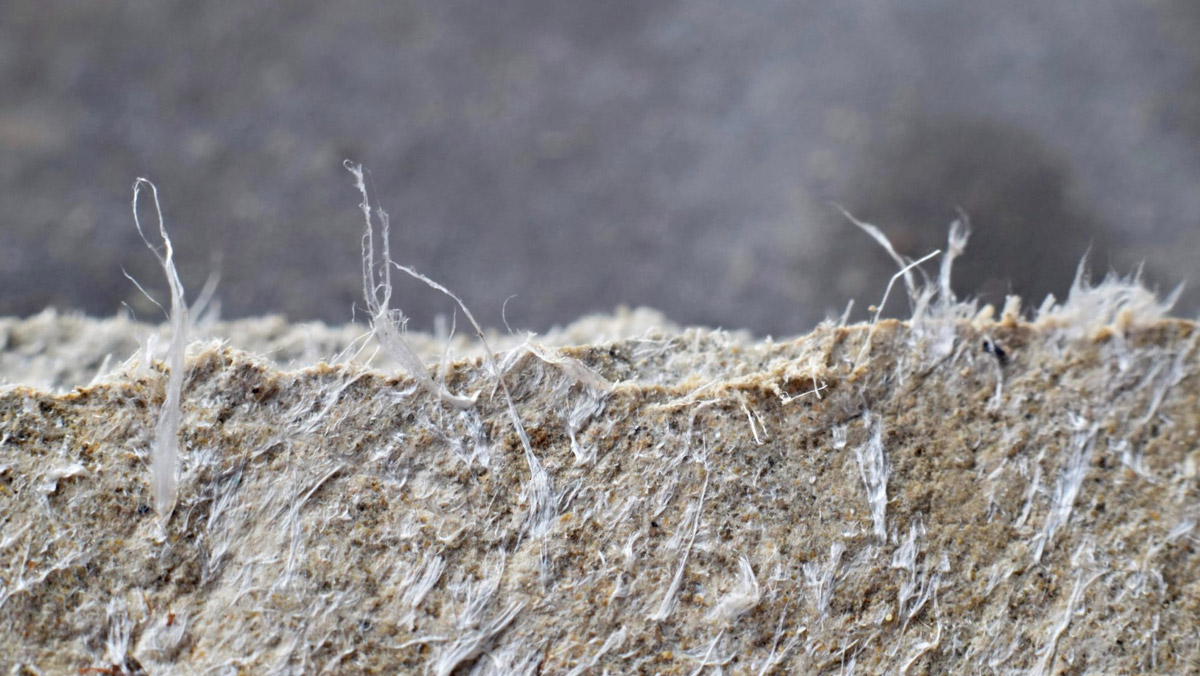On March 19, 2019, the U.S. Supreme Court ruled that the widows of two Navy veterans who died of mesothelioma can move forward with a lawsuit against five manufacturers of asbestos-containing equipment, even though the asbestos was added to the equipment by a third party after purchase.
The case—Air and Liquid Systems Corp. vs. DeVries—is the subject of this blog post. This is the second installment in a series of blog posts we started recently, focusing on how mesothelioma impacts military service members. You can read our first article here.
How the Navy Veterans Contracted Mesothelioma and How the Case Progressed
The plaintiffs, in this case, were originally Kenneth McAfee and John DeVries, two Navy veterans who worked with pumps, blowers, and turbines built by five manufacturers. The manufacturers did not ship those items with asbestos in them. Rather, the Navy added the asbestos to the items upon receiving them. The asbestos was required in order for the items to operate properly.
After years of working with these items on Navy ships, McAfee and DeVries developed mesothelioma. They sued the manufacturers of the equipment and the manufacturers of the asbestos. They did not sue the Navy.
The manufacturers of the asbestos had gone bankrupt by the time the case was filed. The manufacturers of the equipment argued that they could not be held liable because they had no duty to warn workers that their equipment was dangerous when integrated with asbestos because the asbestos was added by a third party.
McAfee and DeVries both died of mesothelioma during litigation. Their widows continued the case all the way to the Supreme Court. The Supreme Court took the case in order to decide one question: whether the equipment manufacturers could be held liable for the veterans’ injuries/cancer even though the cancer-causing asbestos was later added by the Navy, not by the manufacturers themselves.
Supreme Court Says Manufacturers Have a Duty to Warn
The Court ruled in favor of the servicemen/widows by a margin of 6-3. The Court said the manufacturers have a duty to warn about dangers when:
- Its product requires incorporation of another part (in this case, the other part was asbestos); and
- The manufacturer knows or has reason to know that the final, integrated product is likely to be dangerous when used as intended; and
- The manufacturer has no reason to believe the end users of the product (McAfee and DeVries) would realize the danger on their own.
This decision resolves a split among lower courts about whether manufacturers could be held liable in situations like this. Overall, this is good news for Navy service members and military members in general because it is one more way that they can obtain compensation for mesothelioma contracted on the job.
We’re Here to Help Ailing Military Veterans
The Dallas law firm of Ted B. Lyon & Associates is passionate about helping veterans, and we are highly experienced in mesothelioma litigation. You are welcome to contact us anytime to discuss your situation.
Sources:
https://www.supremecourt.gov/opinions/18pdf/17-1104_2co3.pdf
https://www.asbestos.com/news/2019/03/20/supreme-court-ruling-navy-asbestos/





